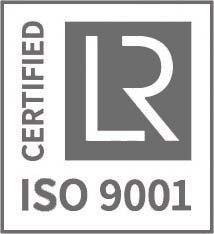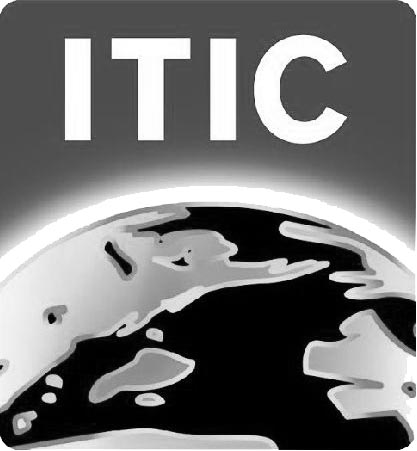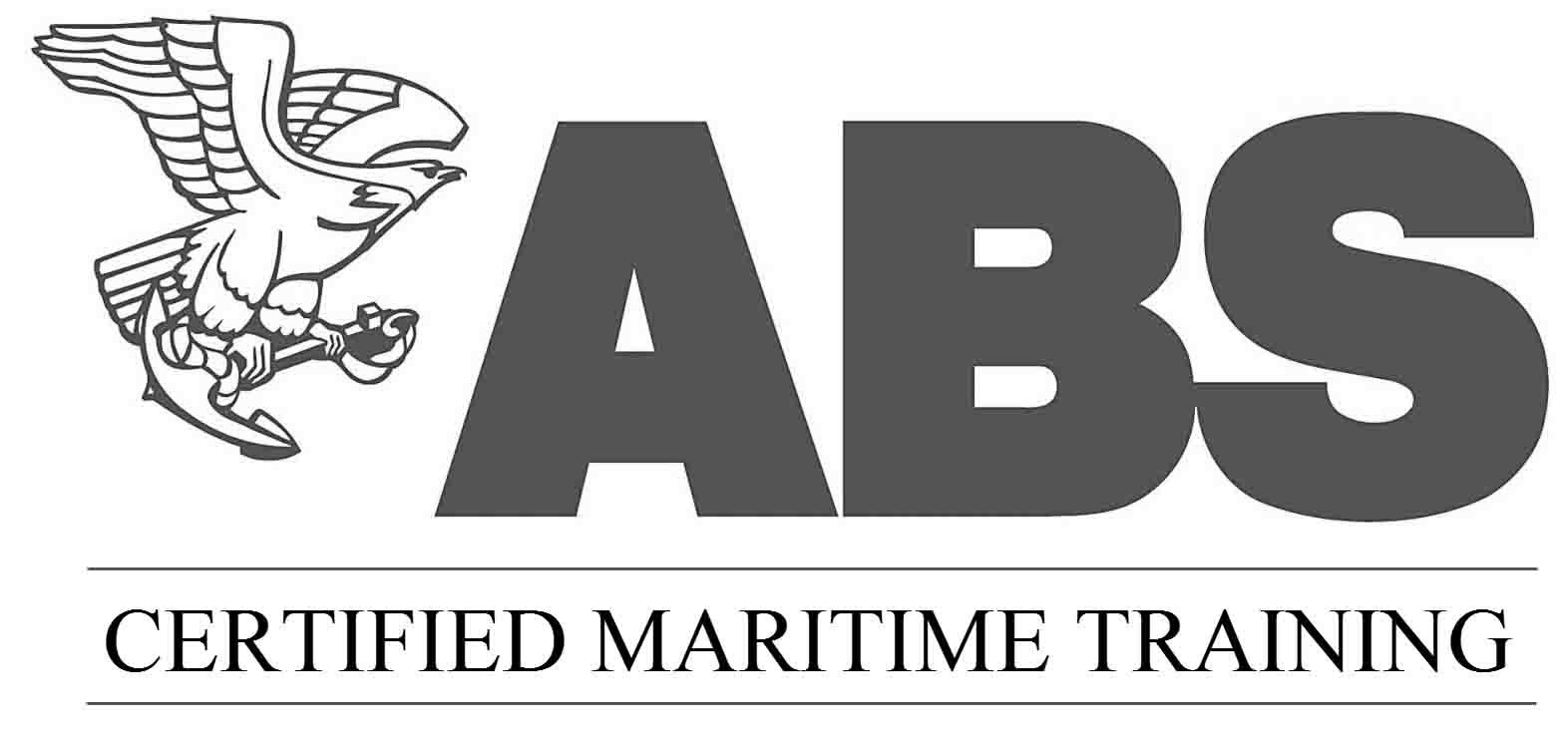Member of
- BiMCO
- Green award
- Helmepa
- Intertanko



23-11-2012
STS Operations have proven to be safe operations over the past years; since there are only isolated incident records compared to the number of STS Operations conducted on an annual basis. This is supported by the incident data and statistics presented from onlinests.net OSIS information system. It is shown that about 19% of the reported incidents are associated with vessel collision and /or oil spills.
After the implementation of the new chapter 8 of MARPOL Annex 1 as a result of the IMO MEPC 186(59), ship owner?s defense on STS Incidents is statutory supported, depending on the extend they exercise their due diligence. All actions in STS operations are legally supported by the following documents and their appendices:
?
?
Most charter parties mention, that the STS Operations have to take place on the basis of OCIMF/ICS STS guidelines. These guidelines are the main reference of the contractual commitment between the charterer and the ship owner. Although the STS Plan has a statutory recognition, it reflects ship owners? policy decision on how to conduct the STS Operations. The STS Plan has been developed not only on the basis of OCIMF/ICS guidelines, but also includes procedures from the Manual on oil pollution section I, Prevention and other industry related material.
The STS Plan may include supplementary information on the STS Operations according to each Ship Owners? Policies and procedures. At the Preamble of the latest OCIMF/ICS guidelines, it is clearly noted that ??the advice contained in this publication (OCIMF/ICS guidelines) may be supplemented by instructions from individual shipowners or ship managers in order that particular aspects of their own procedures can be covered?. Thus, the ship owners? policies and procedures outlined in their STS Plans, may be supplement to OCIMF/ICS guidelines. Therefore, the individual STS Plan is also a reference to the agreed charter party.
STS incident records and post analysis reveal that in most cases Ship Owners and their Masters reasonably or unreasonably, claim that the role of the POAC (Mooring Master) is decisive, since his advices might have contributed to the incident. The Manual on Oil Pollution section I, Prevention, published on fourth quarter of 2011 mentions at paragraph 6.2.1.2 that ??the Administration, cargo owners or oil tanker?s operators should agree and designate the person in overall advisory control?. However, the extend Ship Owners exercise their due diligence in the POAC selection, on a proactive basis, would be questioned if a case ends up to arbitration.
Within the new chapter 8 of MARPOL Annex I, clear note is given for the retention of records of STS Operations. ?Records have to be retained for three years and may become readily available upon request from a party?. Record keeping is a common practice in shipping and this applies to everyone with common sense. All the same, since a statutory requirement imposes the record keeping so clear, it indirectly introduces the Assessment of such records.
?
?
Considering that all shipowners should operate their vessels with the principal that they have no insurance (this is the principal of all underwriters), then the benefit that would be obtained from assessment of STS records, would not leave ship owners unbiased. Therefore, prudent ship owners are requested to have assessment policies implemented within their management system.
OSIS Information System supports the Maritime community and STS Stakeholders towards providing adequate information for proper exercise of due diligence and records assessment. Ship owners that have enrolled with onlinests.net, can prove that they have an effective record keeping procedure for STS Operations and thus support their defense in a potential arbitration. Simultaneously they have the capacity to automatically generate statistics and KPI?s for their TMSA i.e. improve their commercial status and reputation!
?
For further information and support, please contact onlinests.net TEAM
?